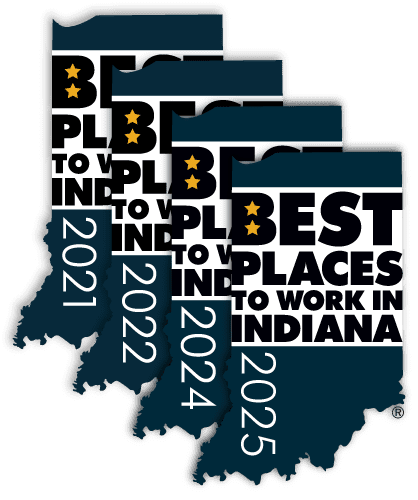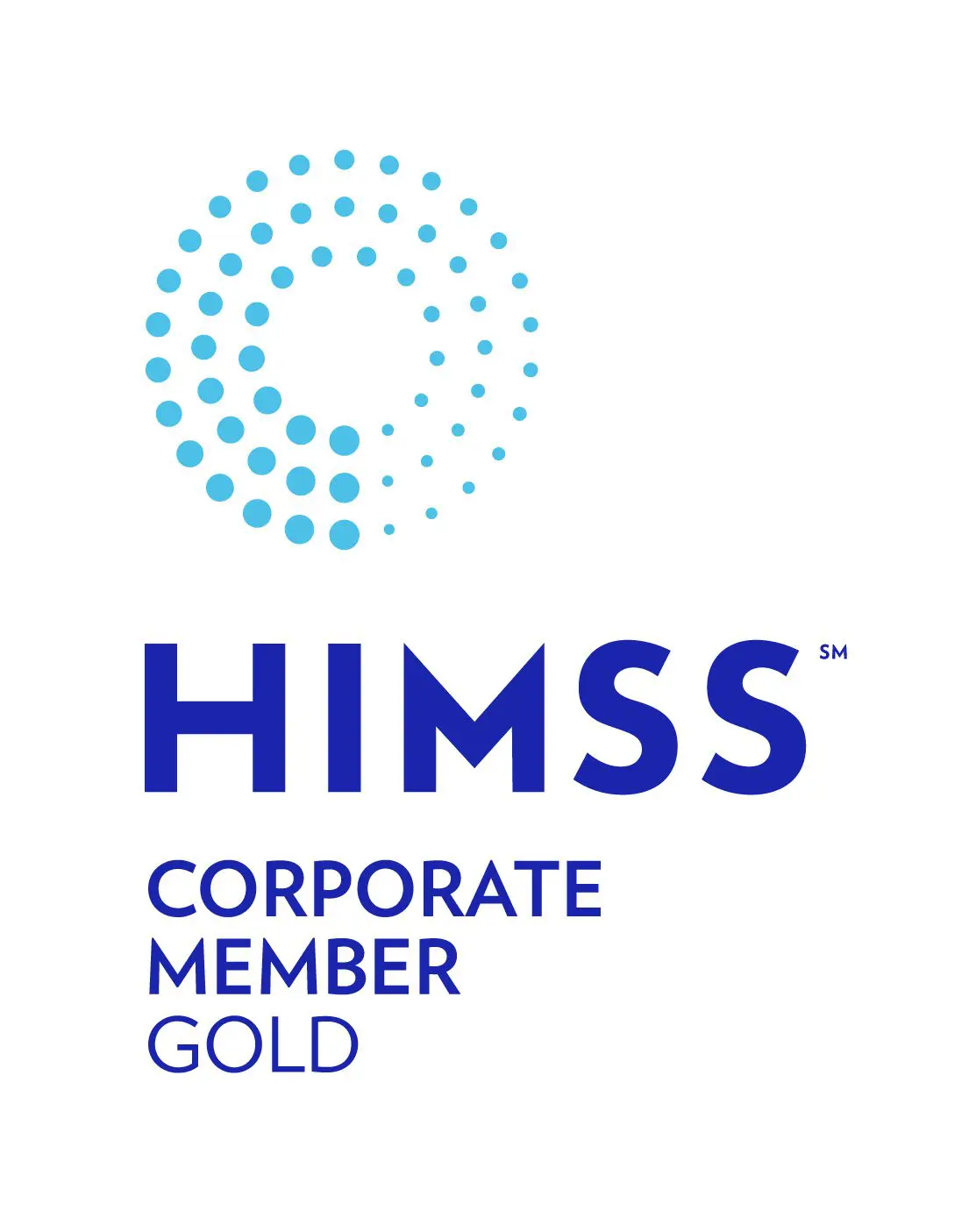
Health Informatics Demand Growing at Twice the Rate of Employment
Healthcare reform depends on better management of medical information. That’s why the HITECH Act, part of the 2009 American Recovery and Reinvestment Act (ARRA), provided funds to establish the Health IT Workforce Development Program. Yet, a 2014 report from Burning Glass tells us the labor market for health informatics is not keeping up with the demand. In fact, they report the demand for health informatics workers is projected to grow at twice the rate of employment overall.
Medical Software Retirement Creating New Health Informatics Roles
That’s no surprise. When HITECH incentives were announced, electronic health record (EHR) implementations took off so providers could hit meaningful use objectives. Today, we see providers retiring their original EHR and medical billing systems due to dis-satisfaction, cost, end of life or merger and acquisition. Ironically, the decommissioning of these medical systems is actually creating new roles for health informaticists. Why? Because with each EHR system replacement, volumes of health data must be migrated or archived to ensure compliance with medical record retention laws. The strategy and tactics associated with legacy data management are spawning new job responsibilities and titles.
Job Titles Focused on Legacy Data Management Emerging
A quick search in the HIMSS JobMine for positions that mention “legacy” as a keyword reveals a screen full of active positions ranging from job titles like Solution Architect to Clinical Informaticist to Data Integration or Technical Analyst. In our day-to-day work involving health data archiving and EMR storage, we now find ourselves working with consultants who specialize in helping organizations archive patient data. We see new job titles such as Data Archive Analyst, Legacy Data Specialist and Legacy Systems Project Manager. Most of these positions seem to be reporting into Directors and Managers of Applications, Interoperability Managers or even directly to the CIO.
Tiffany Crenshaw, President and CEO of Intellect Resources, a firm specializing in healthcare IT recruiting, confirms our findings. “New roles and responsibilities focused on legacy management are certainly emerging,” Crenshaw says. “These jobs tend to be appointed internally, however, taken on by the more seasoned IT resources who were deeply involved with the database structures of the legacy systems. While we have seen a slight uptick in requests to provide talent that is capable of supporting legacy systems, firms like ours are still primarily filling implementation and support roles for the go-forward EMR.”
Whether these legacy data management job roles are filled internally or from the outside, they are still contributing to the overall industry growth. The great news is that whether you’re new to the health informatics field or a veteran, there seems to be a place for you to login each day and help to ensure the effective use of information that supports the safe and effective delivery of healthcare.
Has your healthcare organization created new jobs focused on legacy data management? If so, what are some of the job titles?
Editor’s Note: This blog contains information from an earlier blog on July 8th, 2015.






